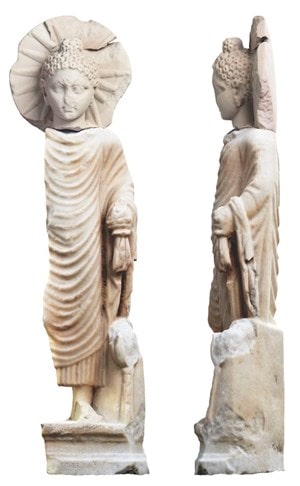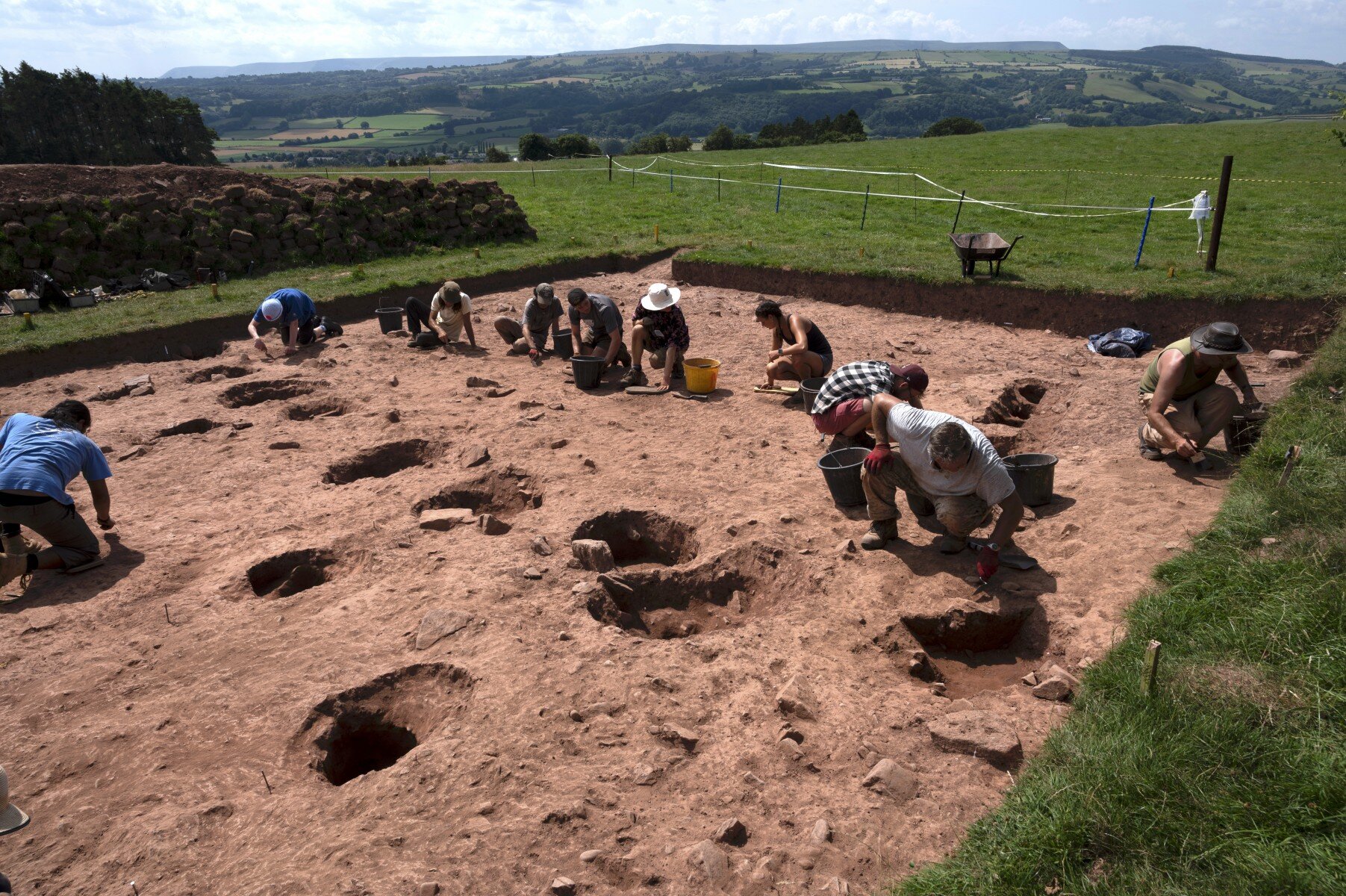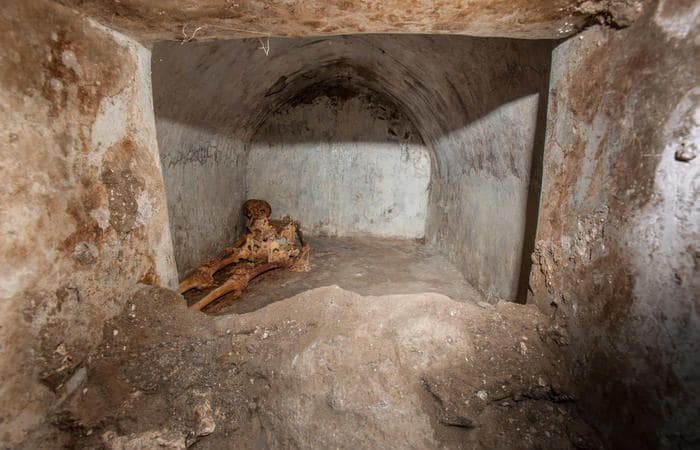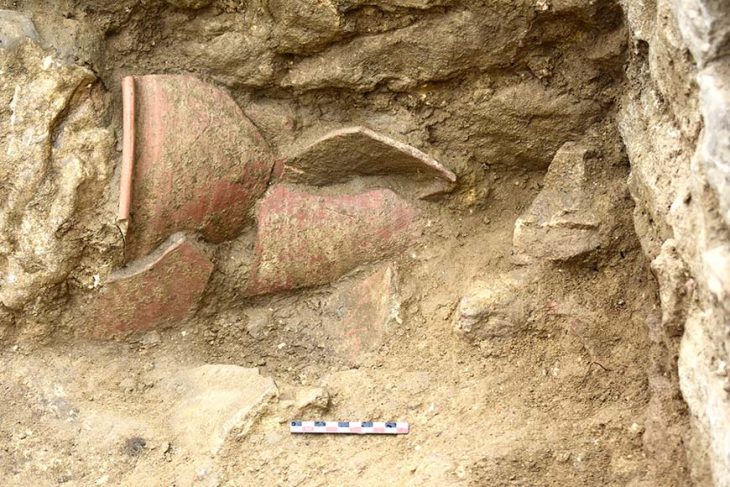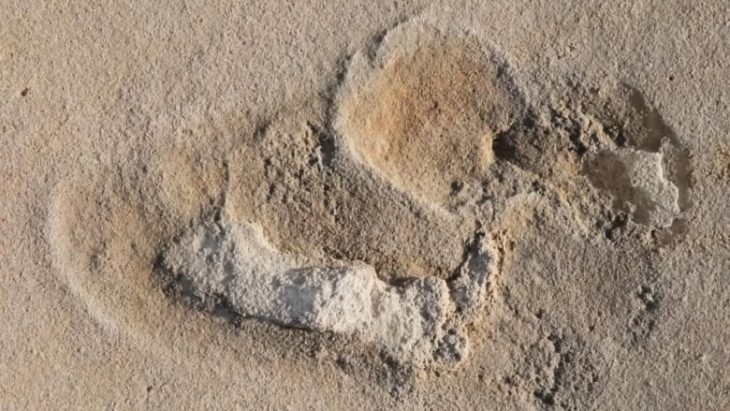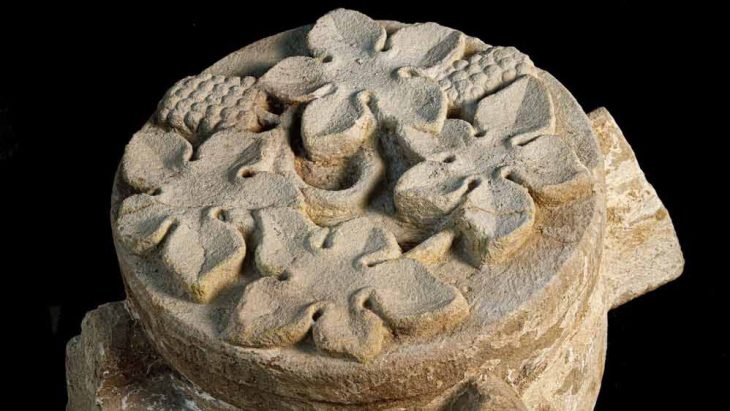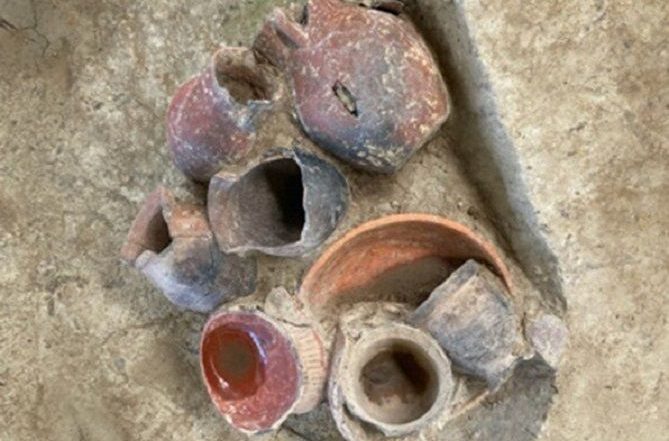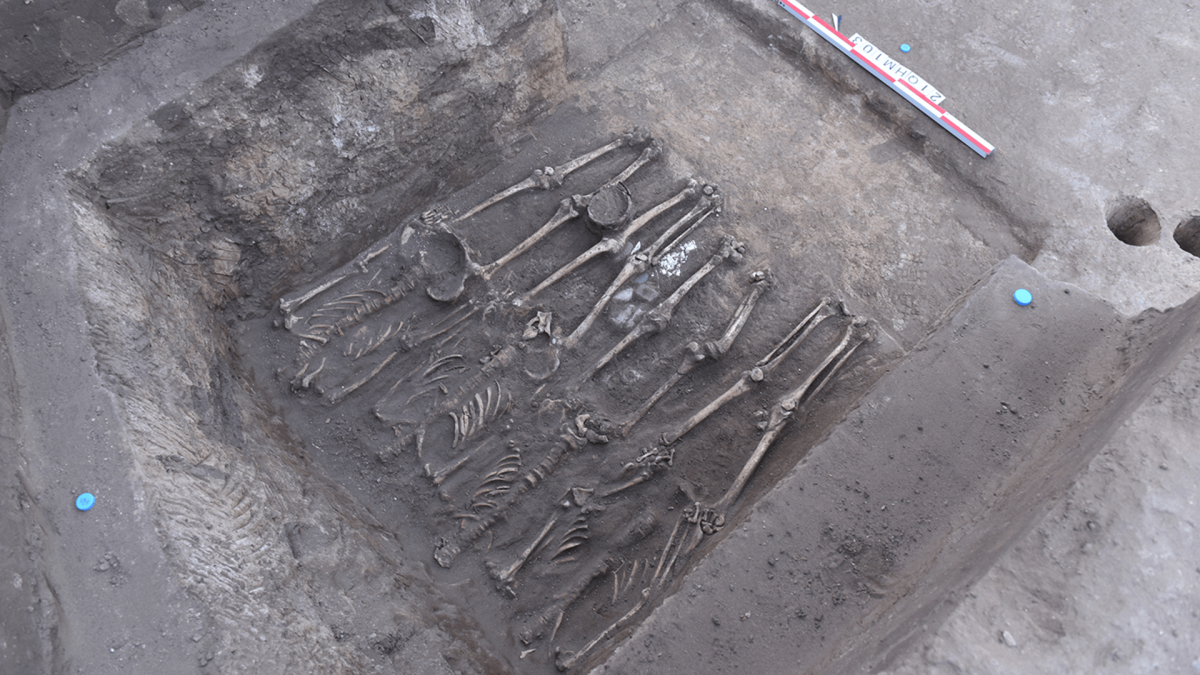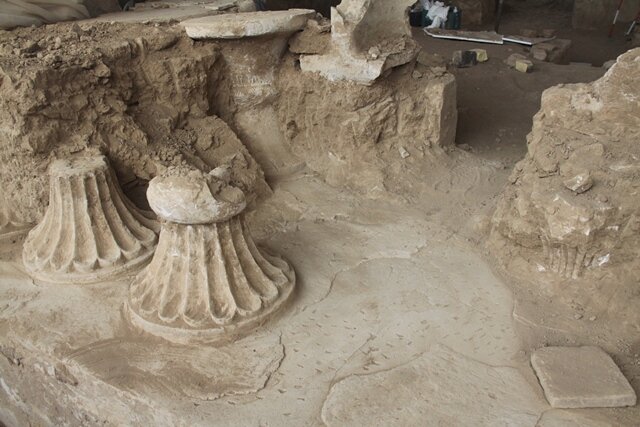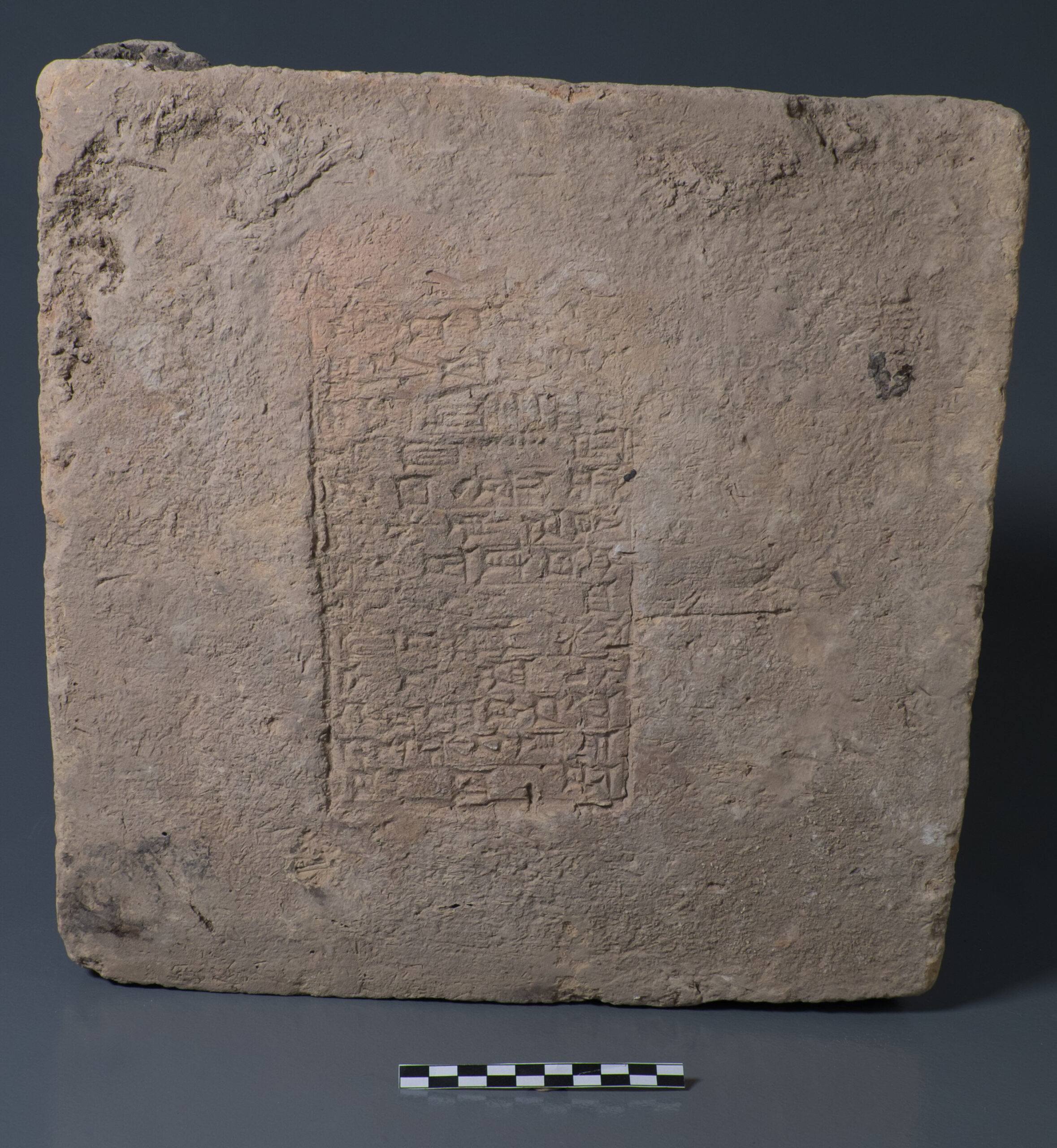Archaeologists Find Buddha Statue in Ancient Egyptian Port City
Archaeologists excavating the ancient Egyptian port of Berenice Troglodytica unearthed a 2nd-century AD statue of the Buddha. This bustling Roman-era trade hub, located on the Red Sea’s western shore, has long yielded treasures reflecting its diverse commercial connections. However, a Buddhist icon stands out as a unique artifact within this historical context. Berenice Troglodytica, founded … Read more
